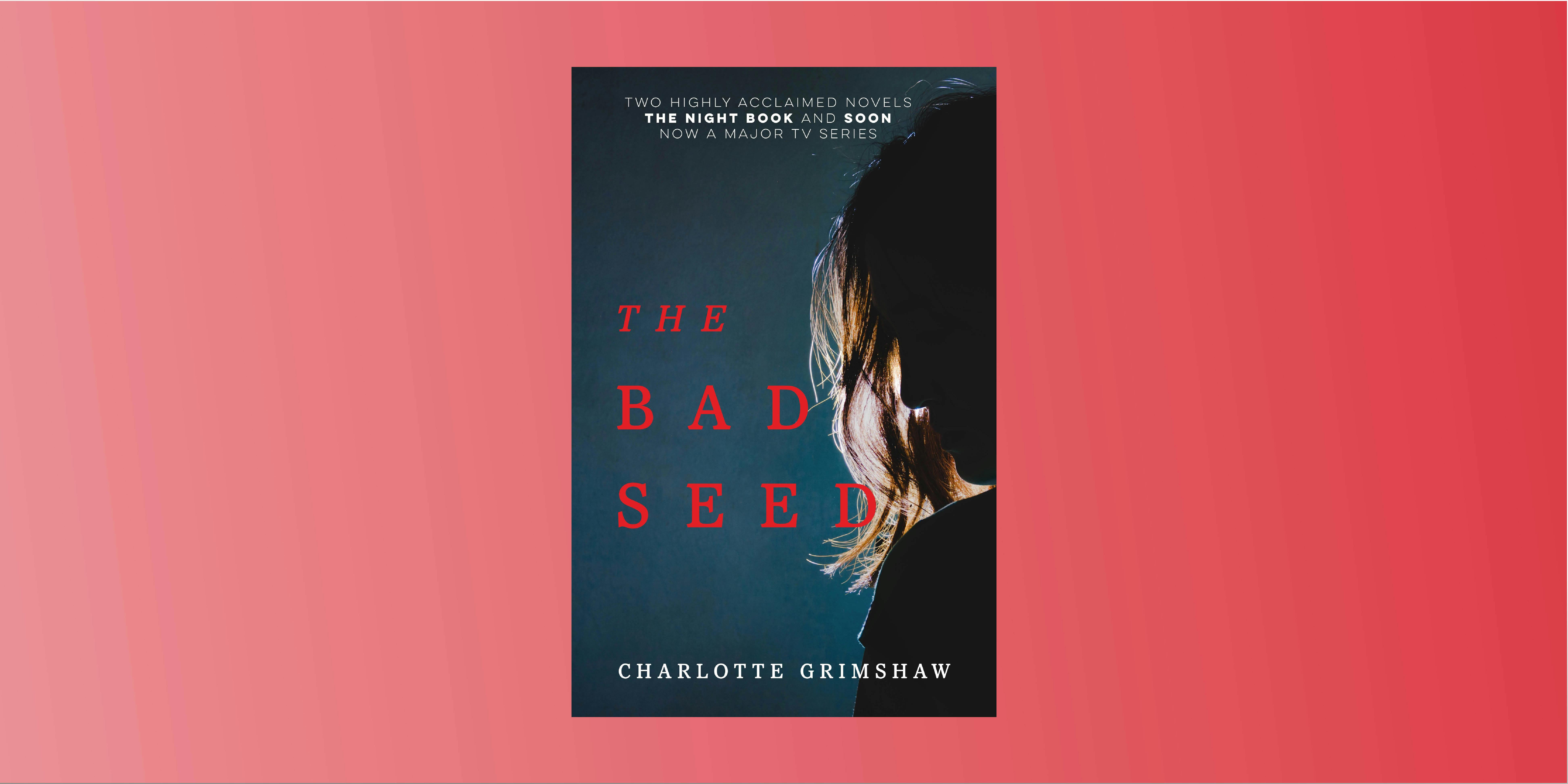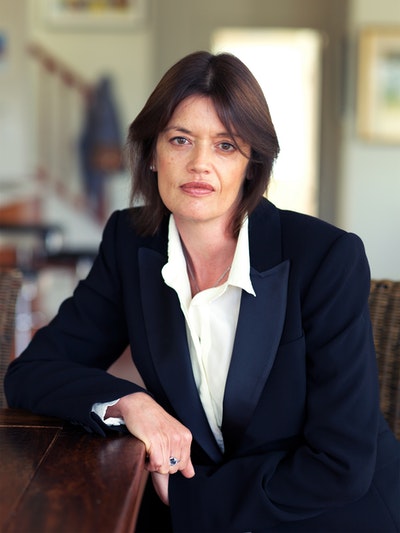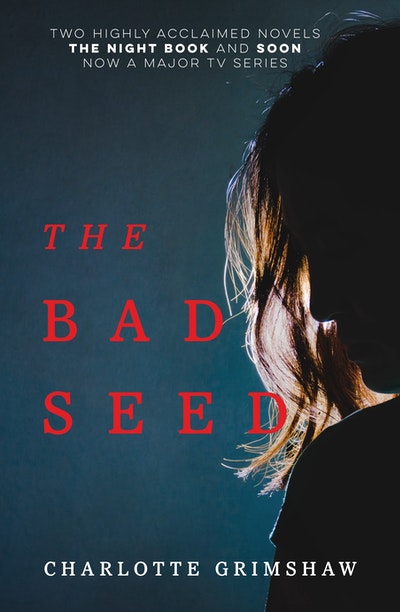Award-winning author Charlotte Grimshaw shares discussion points, ideas and questions for The Bad Seed - Book Club Guide. Now combined into a major TV drama, these two connected novels by award-winning writer Charlotte Grimshaw take an unflinching look at politics and power, contemporary New Zealand society and the arid morality of the privileged.
The Bad Seed, introductory paragraph and discussion points
When I’ve visited book clubs, I’ve often been asked how I come up with ideas. I usually mention that my series of interconnected novels and short stories – of which The Bad Seed is part – began with the well-known New Zealand writer, Fiona Kidman. A long time ago, she asked me if I would contribute a short story to a collection she was editing. I’d written a couple of novels at that stage. I wrote two short stories and called them both “Opportunity.” I linked them by plot and character, and suddenly felt I was on to something exciting and new. My collection Opportunity won a Montana award and was shortlisted for an international prize, which was all the encouragement I needed. I went on to write more stories and novels, many of which have recurring characters and connected plotlines. Each can stand alone though; you don’t need to read one to understand another. Writing each book, I wanted to create an entertaining, page-turner of a plot using characters drawn from our own NZ society. This year two of my novels, The Night Book and Soon were made into the TV series, The Bad Seed, which you can watch on TVNZ on Demand. The two novels have been published as a compilation called The Bad Seed.
Discussion points/questions by Charlotte Grimshaw for The Bad Seed:
- I didn’t write The Night Book and Soon as crime novels, but the TV production gave the plot a crime thriller element. Why do you think the TV production emphasised this slant, and how has the dynamic between the principal characters changed?
- In the novels I portrayed Ford as a strong moral presence, and his brother Simon as a man struggling to keep his grip on morality. How has this changed in the TV production? How does Ford influence Simon, and why is their shared past so important in their current relationship?
- How do the backgrounds of the principal characters influence their behaviour? In what ways are the characters’ actions motivated by secrets and past hurts that they have to hide?
- To me, New Zealand fiction can sometimes seem a bit dark, worthy and filled with stereotypes, and I wanted to get away from that, and to create entertaining fiction that empathises with, and tries to understand, all types. Do the characters in The Bad Seed represent authentic characters from diverse backgrounds? Has the TV production managed to portray believable characters from different parts of society?
- I think it’s important to surprise readers, to reveal new angles. As characters walk through my books, their natures develop, change and grow. Early on, Simon has a view of his wife Karen as fairly two-dimensional, but her character deepens and becomes more complex, surprising Simon himself. Another character, Roza, develops and changes from one book to the next. How do the main characters change? Is their development echoed in the TV production?
- My novels have been described as commenting on New Zealand society. Do the characters remind you of anyone in real life? What angles was I exploring, and does the TV production do this too?
- The novels and TV series portray a politician who will go on to become Prime Minister. His personal life is described alongside his public persona. How do the public and private worlds differ, and how does the tension between the two drive the plot?














